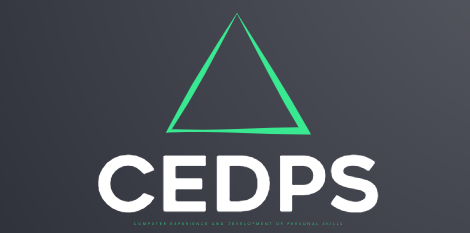Whether you need to use something like a VPN or proxy server depends on a whole range of factors. However they are certainly becoming much more popular among average users throughout the world. There are probably two main justifications, concerns about online and privacy and being able to bypass the myriad region blocks that are pervasive on the web’s best sites.
There’s little doubt that in the minds of many people there is a pervasive picture of a VPN user, and it’s not a good one. It’s something similar to a youngster wearing a hoodie, huddled up in a coffee shop with their laptop computer. They’re quite possibly trying to hack right into some federal government computers and are on the run from the authorities. As a VPN hides your location and your web traffic there’s a common idea that the individual is up to no good and indeed has something to conceal. So indeed it could be a anarchist hacker or just someone who wants to watch Coronation Street using a VPN to watch ITV abroad while on holiday.
The real truth is literally a very long way from this perception and although many hackers do indeed use VPNs routinely so do an awful lot of ordinary individuals. Certainly the majority of large organizations have actually been using VPNs for decades to sustain inbound connections from remote users. If a salesman needs access to the product database on the company’s network it’s much simpler to allow them to connect through the internet and view the latest version. This is much more secure than travelling around with DVDs and obviously ensures that he or she has the latest versions.
In the event that you make any kind of regular connection over the internet, all your web traffic is pretty much visible, i.e anyone with a mind can intercept and see it. If you’re logging and connecting to a secured share then this would consist of usernames and security passwords. In order to secure these connections, you would commonly install a VPN client on the laptop and ensure it’s used to encrypt the connection back to the company network. It’s completely legitimate and indeed smart business practice.
Ordinary home users will make use of VPNs for very similar reasons. Pretty much the internet is insecure and there is minimal provision for safety and security built in automatically. Absolutely you can access secure sites through things like SSL whenever you have to enter a credit card or payment information. This is the exception not the rule and most sites are not secure and the vast majority of data flies across the wires in clear text.
In addition to the general insecurity of the internet, there’s the other issue of online privacy. Your browsing data is easily accessible via a range of sources. For a start, there’s a complete list in your ISP of every little thing you do on the internet and depending on where you reside this can be routinely and easily accessed. Using a VPN stops this, turning your web activity into an encrypted list which is unreadable without your permission. Are they used by cyber criminals and terrorists? Sure but also by millions of people who think that what they do online shouldn’t be part of public records.
The VPN systems are becoming increasingly more sophisticated merely driven by demand and the risks of recognition. There are all sorts of variants including allowing different arrangements and ports to evade detection. You can even get them to use home IP addresses through certain residential IP providers –
In most countries VPNs are definitely not illegal but simply a simple business and personal security tool. In some countries this is not the case and you can get into trouble if caught using them. Countries that actually ban the use of VPN include places like China, Iraq, Belarus and Turkey. Various other countries merely allow authorized services which usually mean those that can be compromised if required. People still use VPNs in the majority of these nations indeed in Turkey almost all expats use one to watch things like British and American TV on-line. It’s actually quite difficult to detect a VPN in use however that doesn’t stop it technically being illegal in those locations.
Jim Collins
http://residentialip.net/


Recent Comments